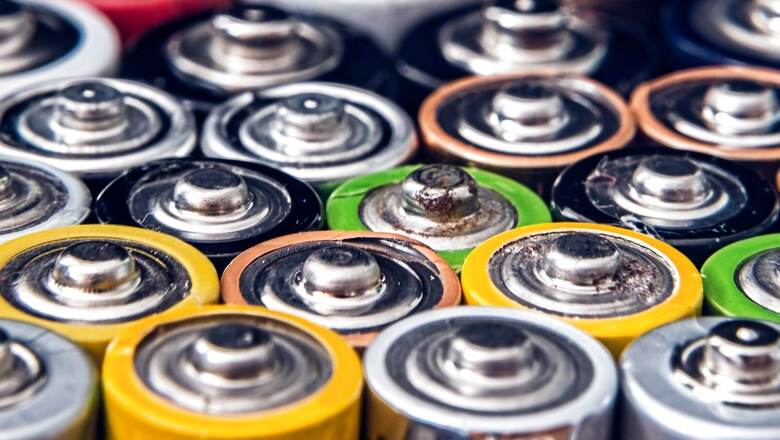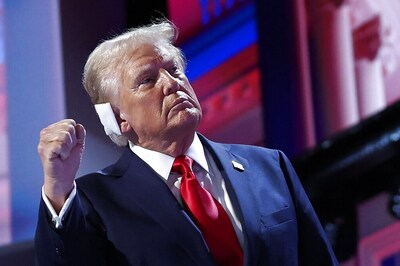
views
In Jammu and Kashmir, 5.9 million tonnes of lithium deposits have been discovered for the first time in India. While industry experts believe that this is good news for the country’s electric vehicle sector, it may not eliminate the dependence on other countries completely.
According to the ministry of mines, the discovery was made in the Salal-Haimana area of the Reasi district of Jammu and Kashmir. This is an important find as most of today’s all-electric vehicles and plug-in hybrid electric vehicles (PHEVs) use lithium-ion batteries.
The big players
Government data shows Hong Kong, China, and Indonesia are the top three countries in terms of imports of lithium. In terms of lithium-ion in particular, most of it comes from China, followed by Hong Kong, and Vietnam.
To reduce such massive dependence on other countries and become self-resilient, the Atomic Minerals Directorate for Exploration and Research (AMD), a constituent unit of the Department of Atomic Energy (DAE), has been conducting lithium exploration in potential geological domains in Karnataka’s Mandya and Yadgir districts.
It was stated last year that preliminary surface and limited subsurface exploration has revealed the presence of lithium resources totalling 1,600 tonnes (inferred category) in the Marlagalla area of Mandya district, Karnataka.
Additionally, the Geological Survey of India (GSI) every year undertakes various stages of mineral exploration in accordance with the approved annual Field Season Programme (FSP). It conducted five projects on lithium and associated minerals in Arunachal Pradesh, Andhra Pradesh, Chhattisgarh, Rajasthan, and Jammu & Kashmir during FSP 2021-22.
As a result, the ministry of mines stated this week that 51 mineral blocks, including lithium and gold, were transferred to state governments.
Issue of dependence
Pankaj Sharma, co-founder and director at Log9 Materials, told News18 that one of the reasons India has been dependent on other countries for lithium-ion batteries and other EV components is the scarcity of lithium.
He said, “Lithium being one of the core elements of the Li-Ion batteries and taking into consideration the financial impact of sourcing Lithium, the recent discovery of lithium reserves in J&K does come in as a new lease of life as it further enables India’s ambition to become self-sufficient in its energy storage needs.”
According to the industry insider, at a time when the government has been catalysing initiatives towards EV battery manufacturing and green mobility, the report from the GSI about the discovery provides hope for localised production of Li-ion cells and batteries, which will also help reduce India’s trade deficits with countries like China.
Similarly, Nitin Kapoor, managing director of Saera Electric Auto Private Ltd, called this recent discovery “a game changer for the EV industry” and noted that it will reduce the dependence on the high import cost of lithium cells in the country while encouraging domestic production.
Varun Goenka, CEO and co-founder, Charge-up, said that the Indian EV sector is heavily reliant on imported cells from China and Taiwan, which make up a significant portion of the cost of batteries.
According to him, with this new discovery, India will be able to mine its own lithium, reducing the dependence on imported cells, but it may not completely eliminate the dependency issue.
The industry insider said, “Given the size of the Indian EV market, it is unlikely that complete independence can be attained. The 6 million tonnes available could power 10,000 GWh cell production if all extractable; yet we must consider whether this figure is based on lithium content, lithium ore content, or total rock ore with lithium being just a part.”
Even if all the newly found lithium was utilised for EV usage, it would likely only cover a fraction of demand, he said. “Thus, we still have a long way to go to reduce complete dependency,” Goenka noted.
Read all the Latest India News here




















Comments
0 comment